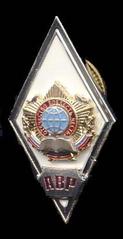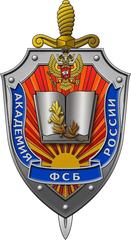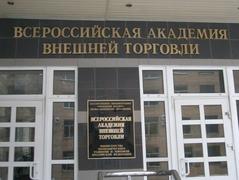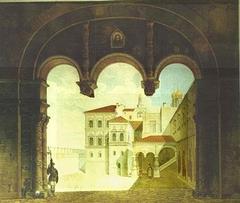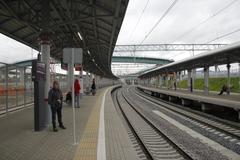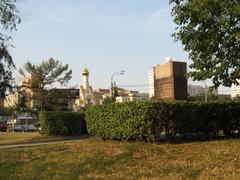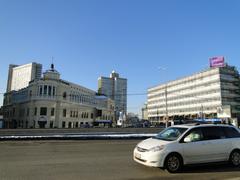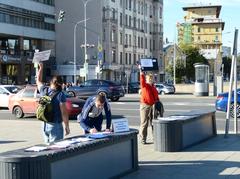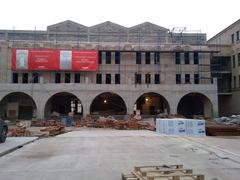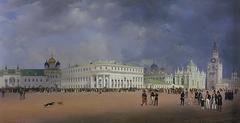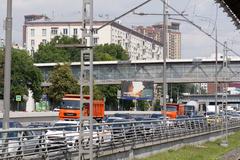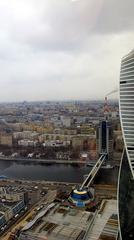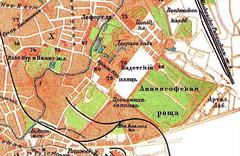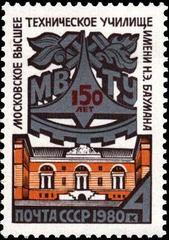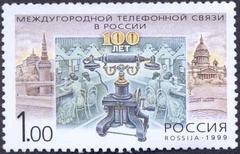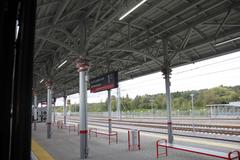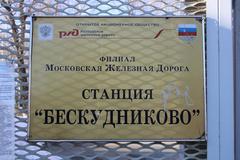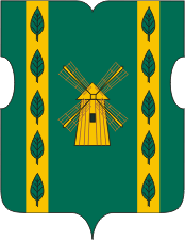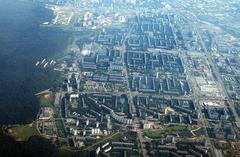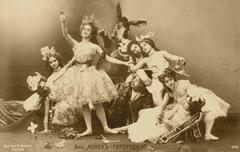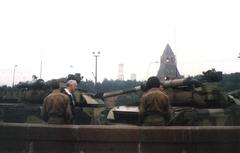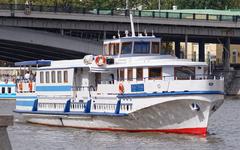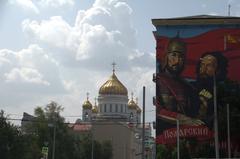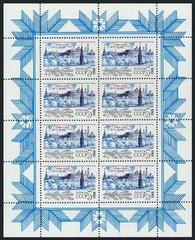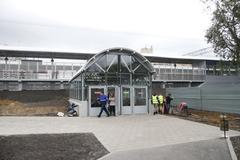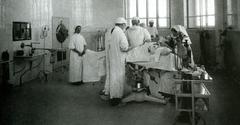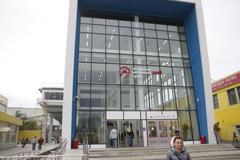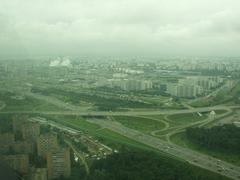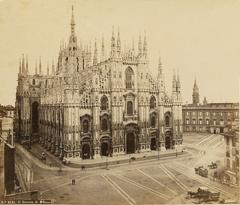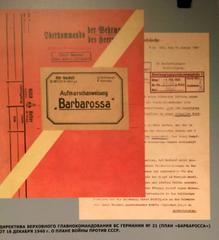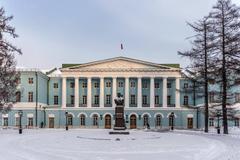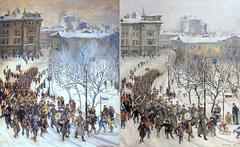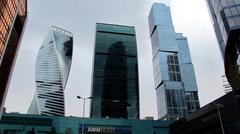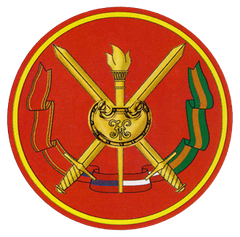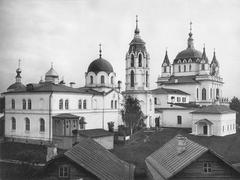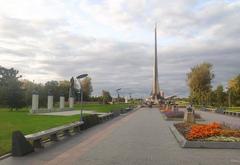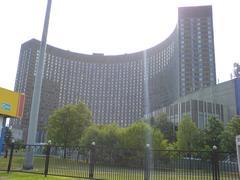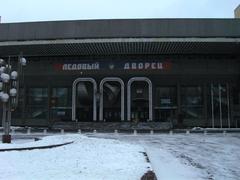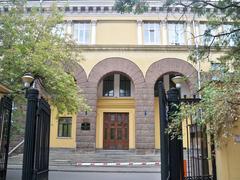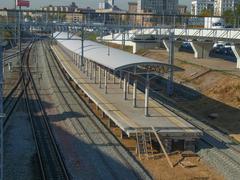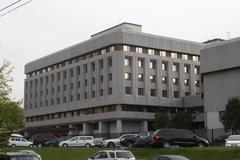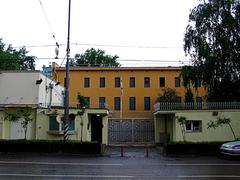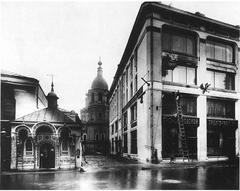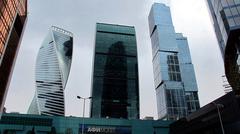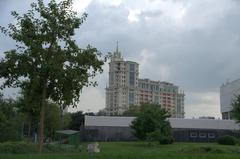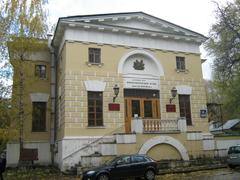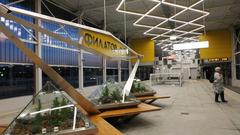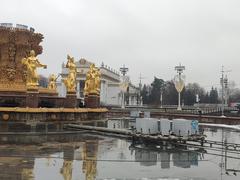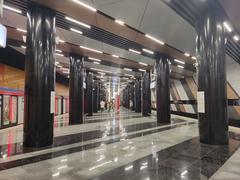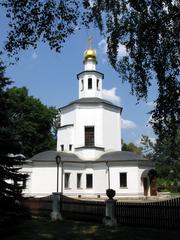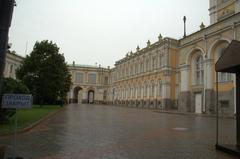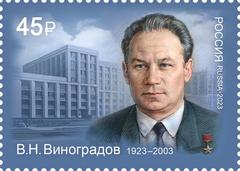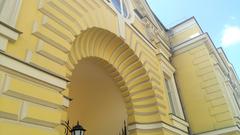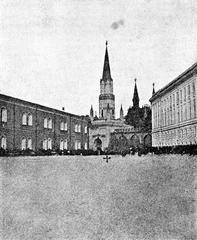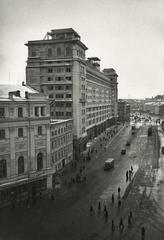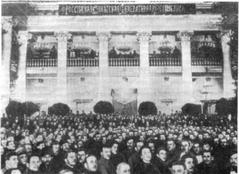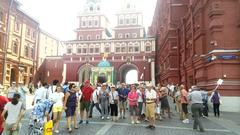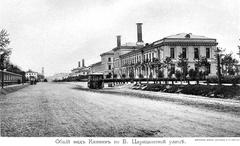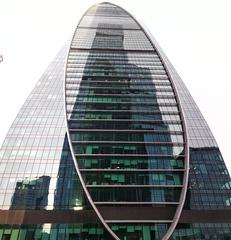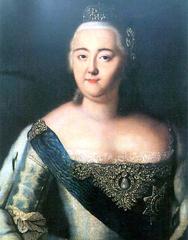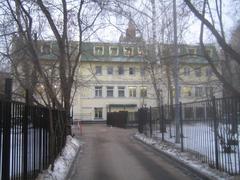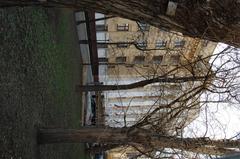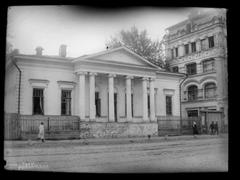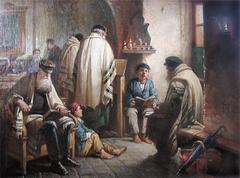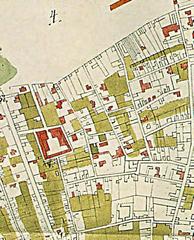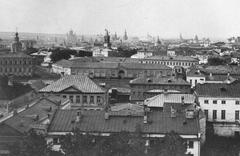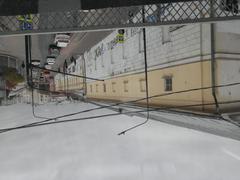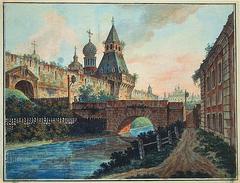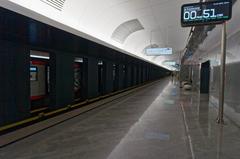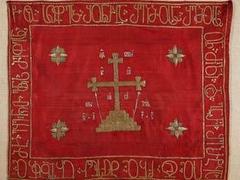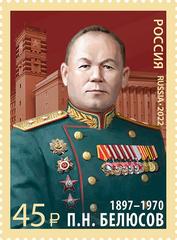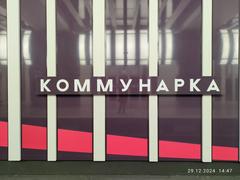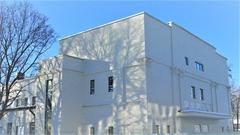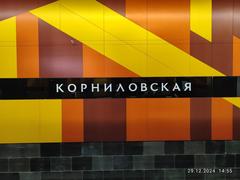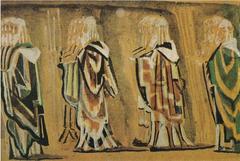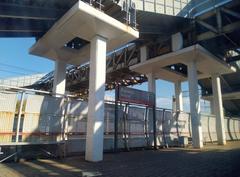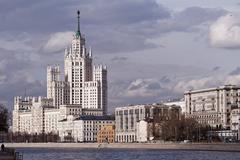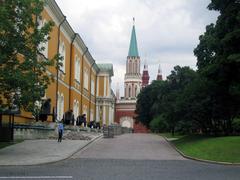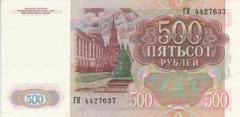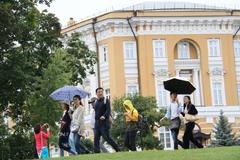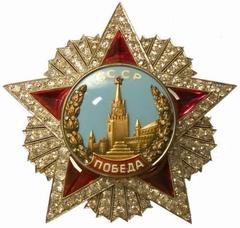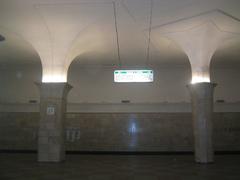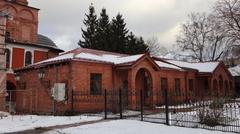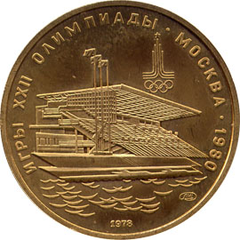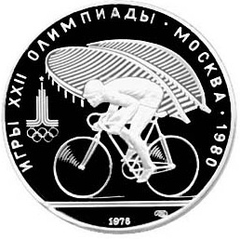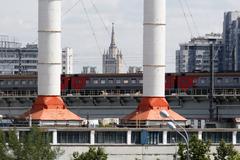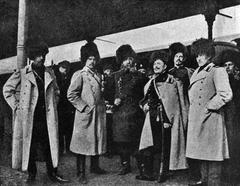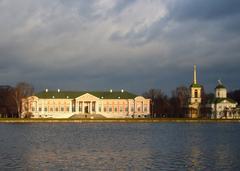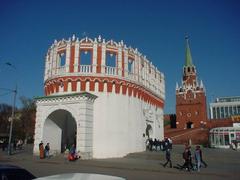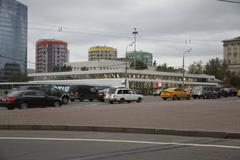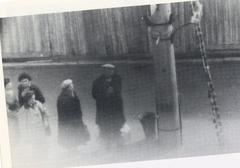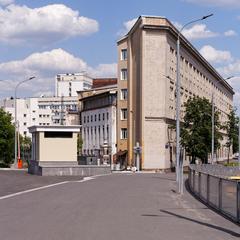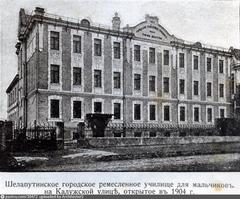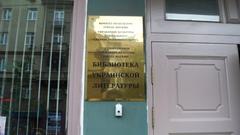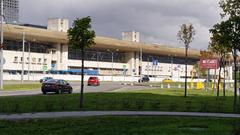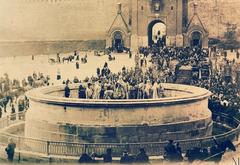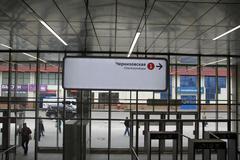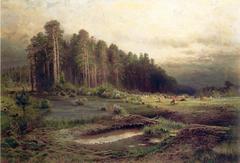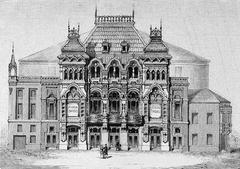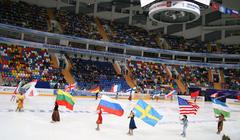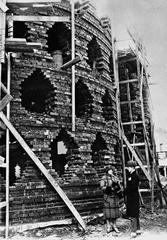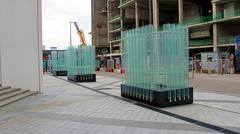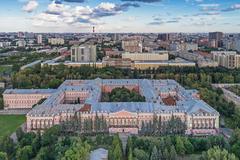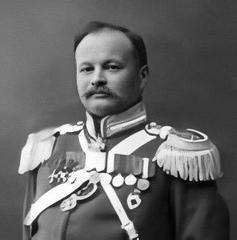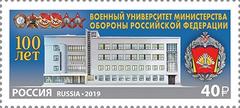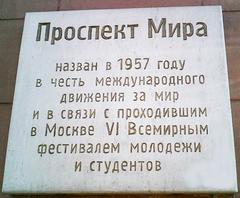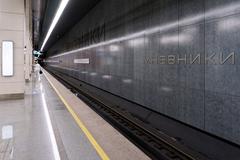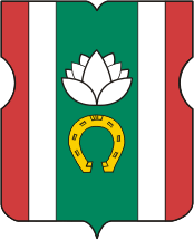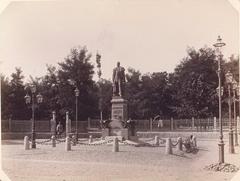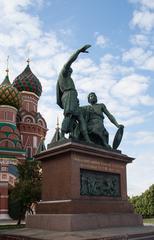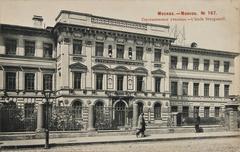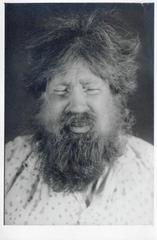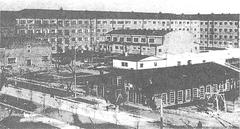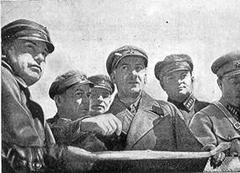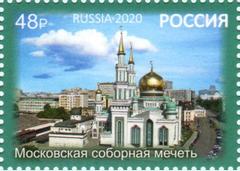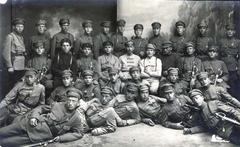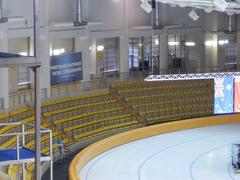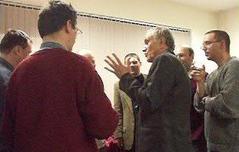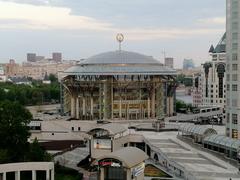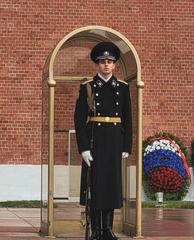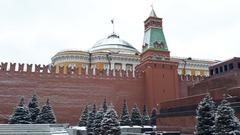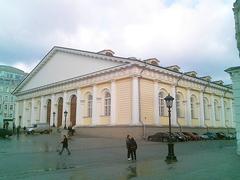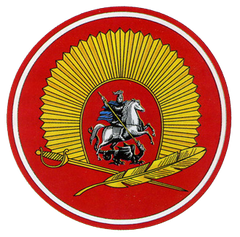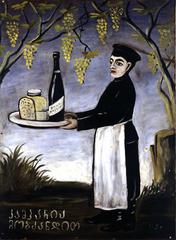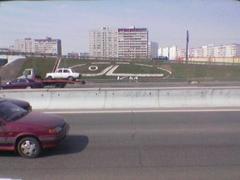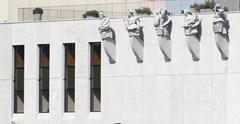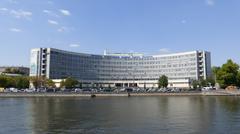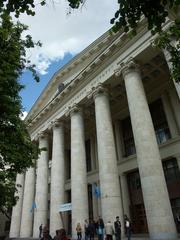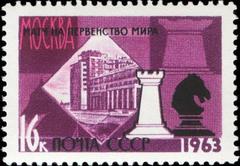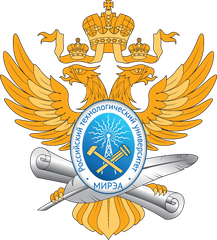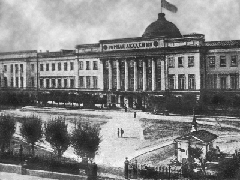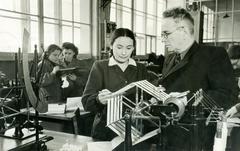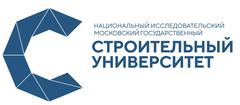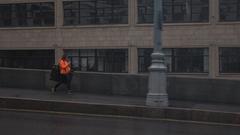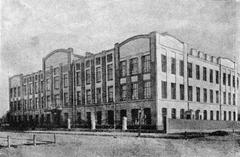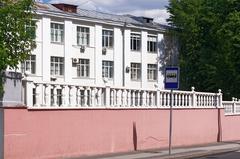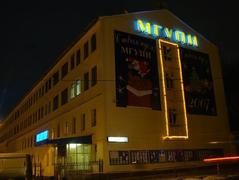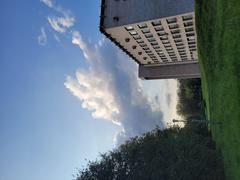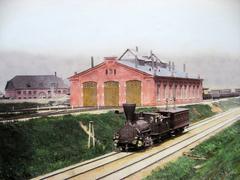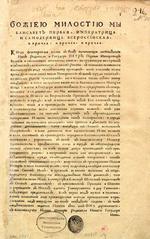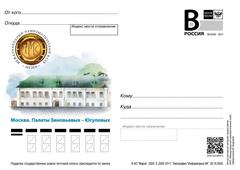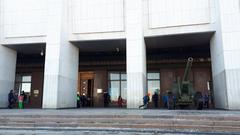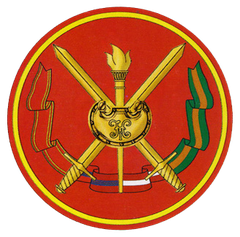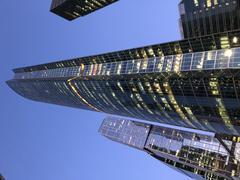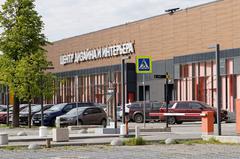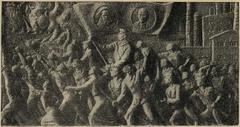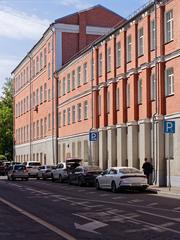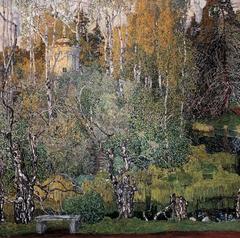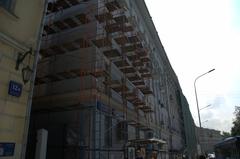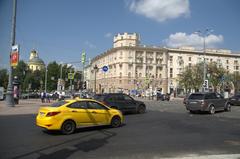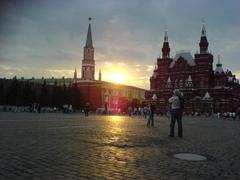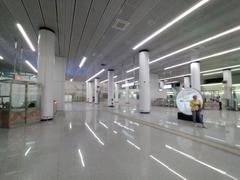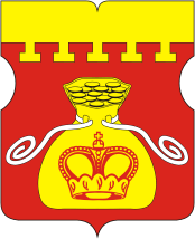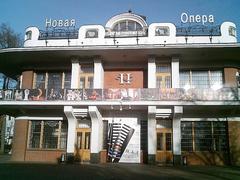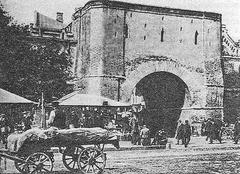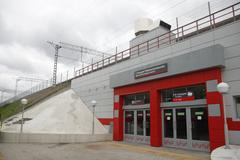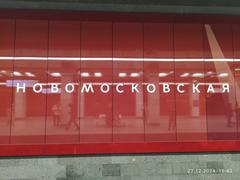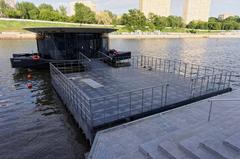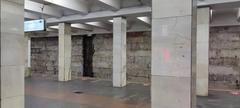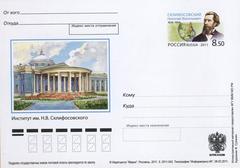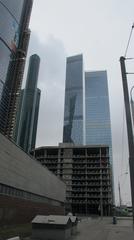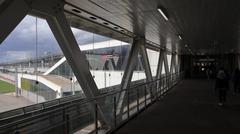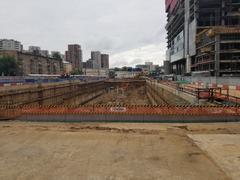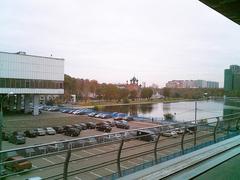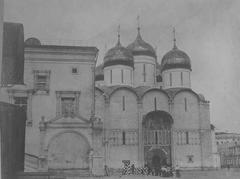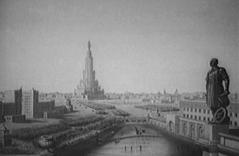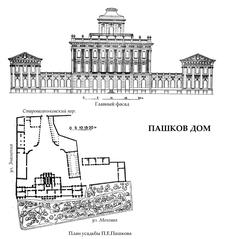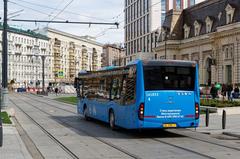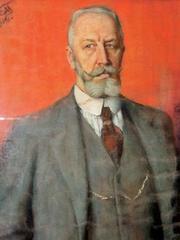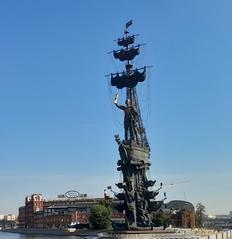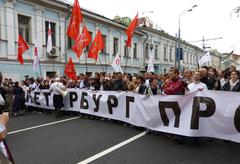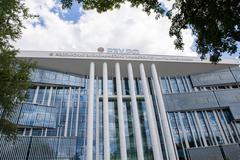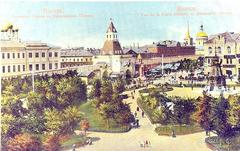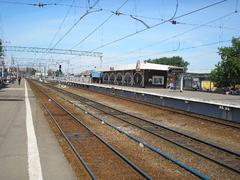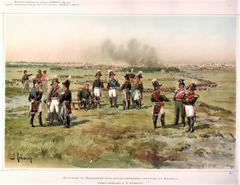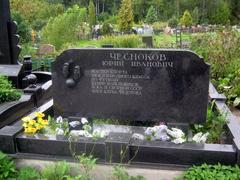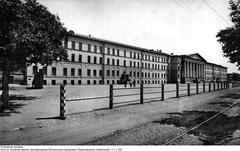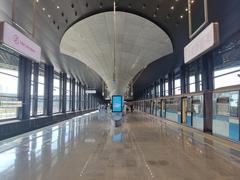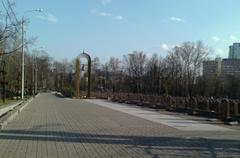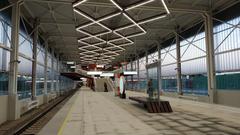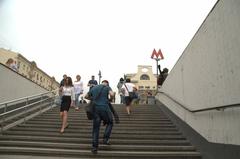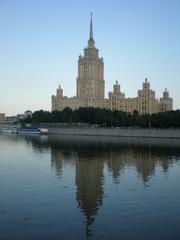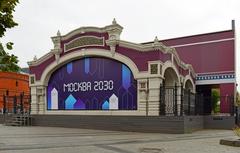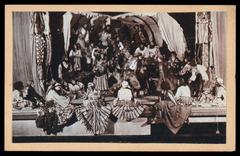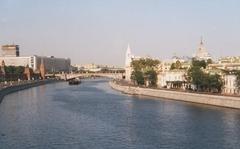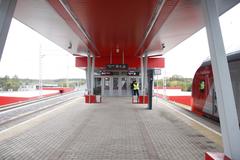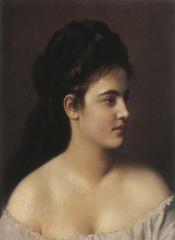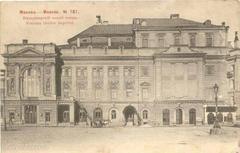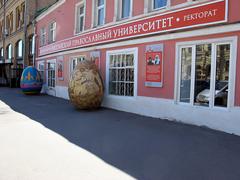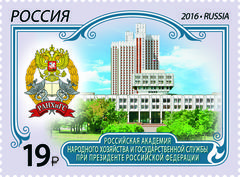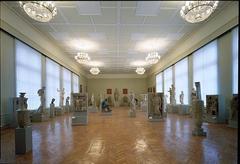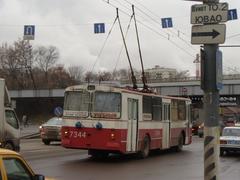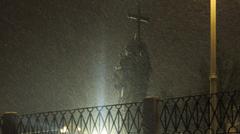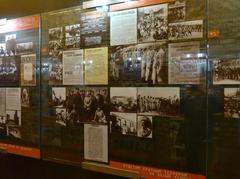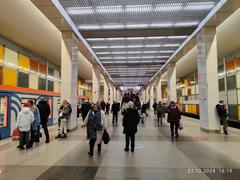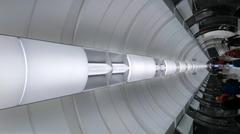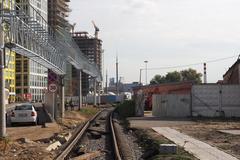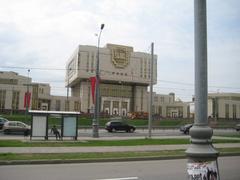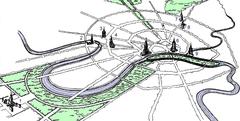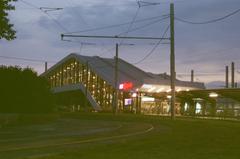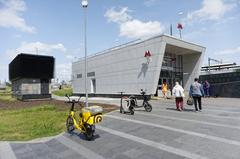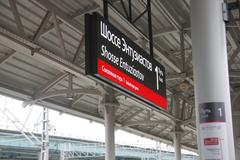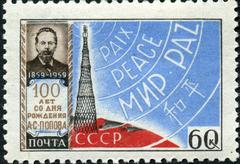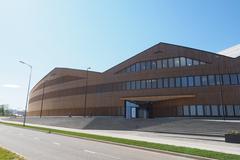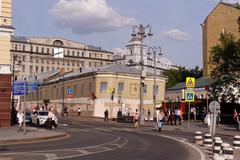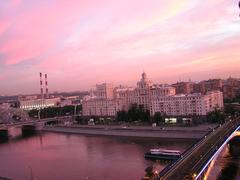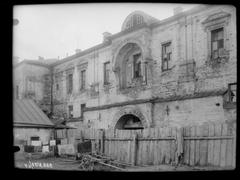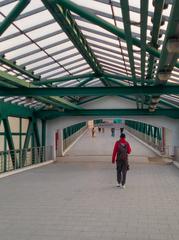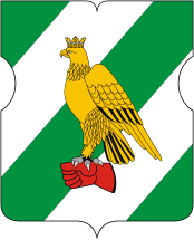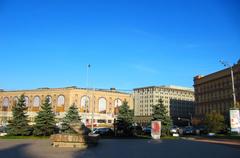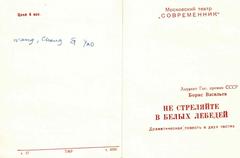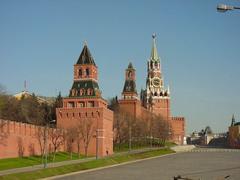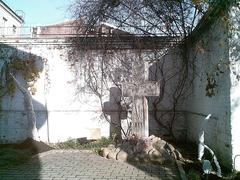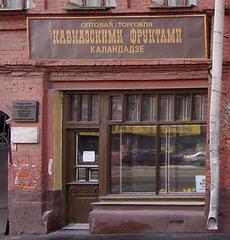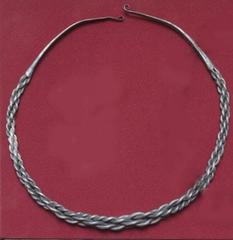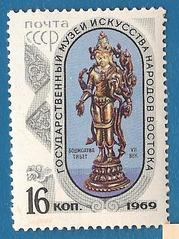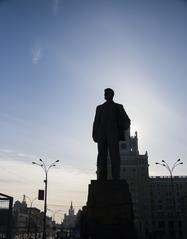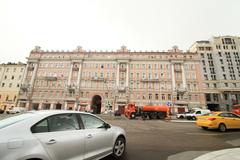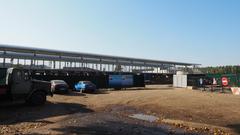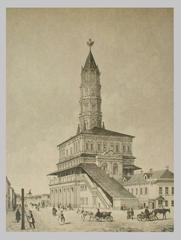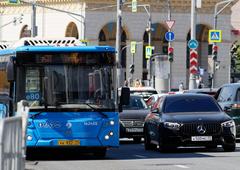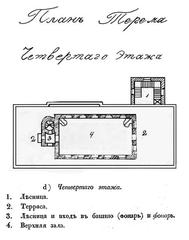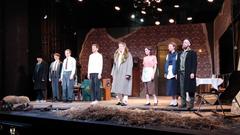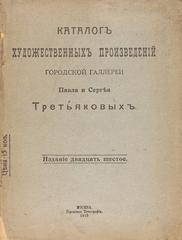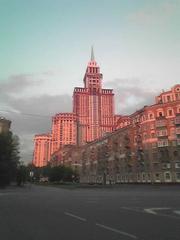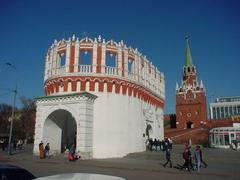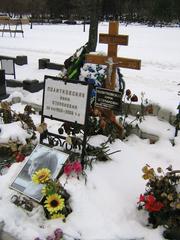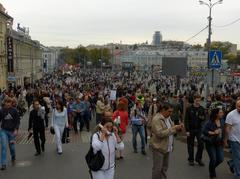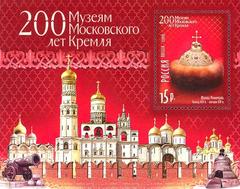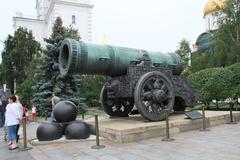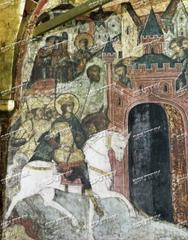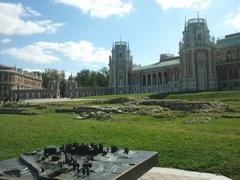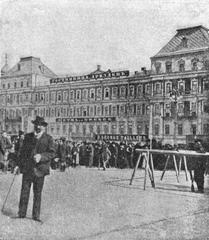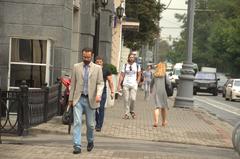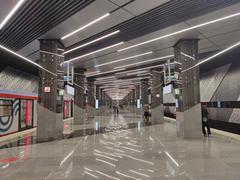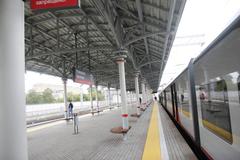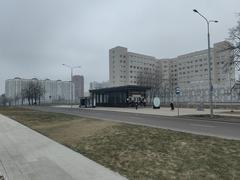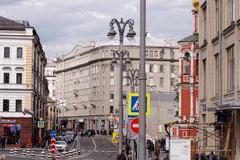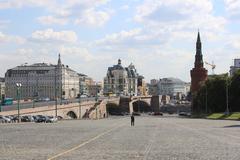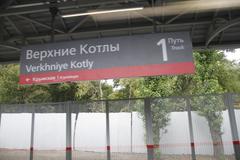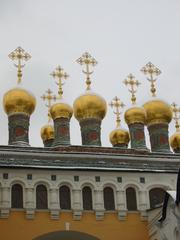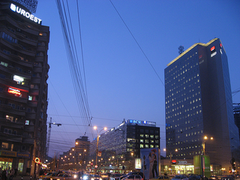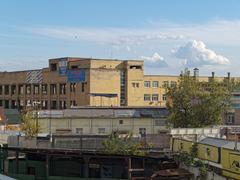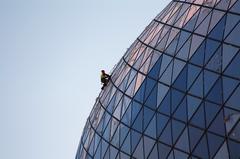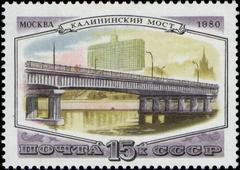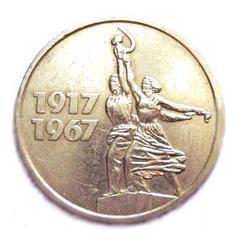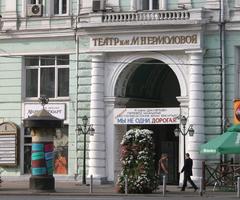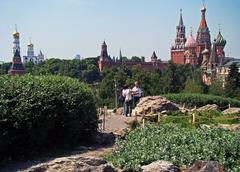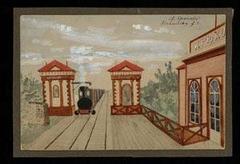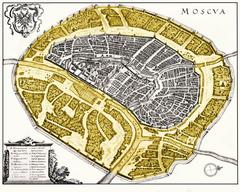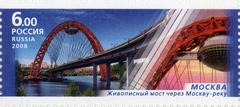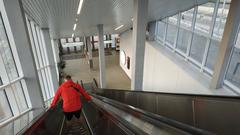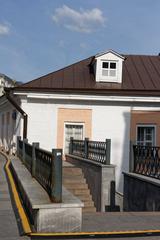Bolshoi Theatre Moscow: Visiting Hours, Tickets, and Historical Significance
Date: 03/07/2025
Introduction
The Bolshoi Theatre in Moscow is an enduring symbol of Russian culture, celebrated globally for its historic legacy in ballet and opera. Established in 1776, the Bolshoi reflects centuries of artistic excellence, imperial grandeur, and innovation. In 2002, the New Stage was inaugurated, providing a modern complement to the historic main building and allowing the Bolshoi to continue its world-class programming during extensive restorations. The New Stage features cutting-edge technology and neoclassical aesthetics, offering state-of-the-art acoustics, advanced stage equipment, and seating for approximately 900 spectators. Visitors are welcomed into a space that bridges Russia’s rich artistic heritage with modern performance standards.
The Bolshoi’s repertoire on the New Stage includes classical ballets such as “Swan Lake” and “The Nutcracker,” alongside contemporary and experimental works. The theatre is fully accessible, with guided tours available for visitors who wish to explore its history and backstage operations. Situated in Moscow’s Theatre Square near Red Square and the Kremlin, the Bolshoi New Stage is a cornerstone of Russian—and international—performing arts (Bolshoi Theatre Official Site, Express to Russia, Russiable, Architectuul).
Table of Contents
- Early Foundations and Imperial Growth
- The Bolshoi in the Soviet Era
- Challenges and the Need for Expansion
- The Creation of the New Stage
- The New Stage’s Role During Restoration
- Architectural and Artistic Significance
- The Bolshoi’s Enduring Legacy
- Visitor Information: Tickets, Visiting Hours & Accessibility
- Visuals and Multimedia
- FAQ: Your Top Questions Answered
- Key Dates and Milestones
- The New Stage Today
- Plan Your Visit
Early Foundations and Imperial Growth
The Bolshoi Theatre dates back to 1776, when Prince Pyotr Urusov and Michael Maddox were granted permission to establish a permanent theatre company in Moscow. The first Petrovsky Theatre opened in 1780 but was lost to fire in 1805. Subsequent reconstructions culminated in the 1825 reopening on Theatre Square, designed by Joseph Bové in a neoclassical style that became a symbol of Russian culture (audiala.com). Throughout the 19th century, the theatre expanded and was richly decorated, with an auditorium lauded for its acoustics and grandeur (expresstorussia.com).
The Bolshoi in the Soviet Era
After the 1917 Revolution, the Bolshoi became state property. Despite an initial period of uncertainty, its proximity to the Kremlin and cultural value ensured its survival and prominence. The Bolshoi hosted significant political events and continued staging Russian and international operas and ballets. Notable premieres, including works by Shostakovich and Khachaturian, cemented its international reputation. The theatre was restored after World War II damage and reopened in 1943, becoming a symbol of resilience (expresstorussia.com, polyglottistlanguageacademy.com).
Challenges and the Need for Expansion
By the late 20th century, foundation issues and space limitations threatened the Bolshoi’s operations. Restoration efforts in the 1970s proved insufficient, and a 1987 government decree called for urgent reconstruction. To maintain artistic output during restoration, a new, modern venue was proposed—the New Stage (bolshoitheatre.com).
The Creation of the New Stage
The idea for the New Stage materialized in the late 1980s, with construction commencing in the 1990s. After years of planning and building, the New Stage opened on November 29, 2002, with Rimsky-Korsakov’s “The Snow Maiden.” Designed to meet contemporary production needs, it features advanced technology, optimal acoustics, and a harmonious architectural relationship with the historic main building (bolshoitheatre.com, expresstorussia.com).
The New Stage’s Role During Restoration
Between 2005 and 2011, the main Bolshoi Theatre underwent a $1 billion restoration, during which the New Stage became the principal performance space. This ensured the Bolshoi’s programming continued uninterrupted, with the New Stage hosting a robust mix of classic and contemporary productions (audiala.com, bolshoitheatre.com).
Architectural and Artistic Significance
The New Stage is a fusion of modern engineering and neoclassical inspiration. Its auditorium is acoustically engineered for both ballet and opera, while sophisticated stage machinery enables complex productions. The venue has hosted numerous premieres and experimental works, expanding the Bolshoi’s artistic reach (expresstorussia.com, bolshoitheatre.com).
The Bolshoi’s Enduring Legacy
The Bolshoi Theatre remains a pillar of Russian culture, influencing performing arts worldwide. Both the Historic and New Stages attract top talent and enthusiastic audiences. The New Stage, in particular, exemplifies adaptability, innovation, and ongoing artistic excellence (audiala.com, polyglottistlanguageacademy.com).
Visitor Information: Tickets, Visiting Hours & Accessibility
- Visiting Hours: The New Stage hosts performances primarily in the evenings, with matinees on weekends and holidays. Box office hours are generally 10:00 AM–7:00 PM; schedules may vary, so visit the official website for updates.
- Tickets: Tickets can be purchased online via the official website, at the box office, or through authorized vendors. Prices typically range from 500 to 15,000 rubles depending on the event and seat location (Russiable).
- Guided Tours: Tours of the Historic and New Stages are available in multiple languages and offer insight into the theatre’s architecture and backstage areas.
- Accessibility: The New Stage is fully accessible, with ramps, elevators, and designated seating. Assistance is available as needed.
- Location: The theatre is easily accessible via Teatralnaya metro station and is close to Red Square and the Kremlin.
Visuals and Multimedia
Explore official virtual tours and photo galleries on the Bolshoi Theatre’s website to preview the New Stage’s interiors, performances, and behind-the-scenes activities.
Frequently Asked Questions (FAQ)
Q: What are the visiting hours of the Bolshoi Theatre?
A: The box office typically operates from 10:00 AM to 7:00 PM. Performance times vary—consult the official schedule.
Q: How can I buy tickets?
A: Purchase tickets online at the official website, at the box office, or via authorized agencies. Early booking is recommended.
Q: Are guided tours available?
A: Yes, guided tours are offered for both stages and can be booked in advance.
Q: Is the Bolshoi Theatre accessible?
A: Yes, with ramps, elevators, and accessible seating.
Q: What are nearby attractions?
A: Red Square, the Kremlin, and the State Historical Museum are all within walking distance.
Key Dates and Milestones
- 1776: Bolshoi Theatre founded
- 1780: Petrovsky Theatre opens
- 1825: Reopening on Theatre Square (Joseph Bové)
- 1850s: Major expansion (Albert Kavos)
- 1918: Becomes state property
- 1943: Reopens after WWII restoration
- 1987: Decree for urgent reconstruction; New Stage planned
- 2002: New Stage opens with “The Snow Maiden”
- 2005–2011: Main stage restoration; New Stage as main venue
- 2011: Historic Stage reopens (expresstorussia.com)
The New Stage Today
The New Stage continues to be a vital part of the Bolshoi’s operations, hosting an array of performances from classic ballets and operas to contemporary works. Its modern amenities and programming ensure the Bolshoi’s legacy thrives for new generations (audiala.com).
Plan Your Visit
For up-to-date visiting hours, ticketing, and performance information, visit the official Bolshoi Theatre website. Enhance your experience by downloading the Audiala app and following Bolshoi on social media.
The Bolshoi Theatre New Stage: A Modern Marvel
Architectural Vision:
The New Stage was designed through an international collaboration involving MOSPROJECT 2, Svetlost Teatar, and Waagner Biro (Architectuul). It features a modernist yet harmonious façade, spacious public areas, and advanced stage technology.
Auditorium:
Seating approximately 900, the auditorium offers excellent sightlines and acoustics, with stage dimensions matching the main Bolshoi Theatre for seamless production transfers.
Innovation:
The New Stage introduced computerized rigging, modular platforms, and advanced lighting, facilitating dynamic, multimedia performances.
Accessibility:
The venue is fully accessible, with elevators, ramps, and suitable seating.
Performance Highlights
- Classic Ballets: “Swan Lake,” “The Nutcracker,” “Giselle,” “Don Quixote,” “Spartacus”
- Opera: Russian masterpieces (Tchaikovsky, Mussorgsky, Borodin) and international works (Mozart, Verdi, Puccini)
- Contemporary Works: Premieres and cross-genre collaborations (BolshoiRussia.com)
Travel Tips
- Best Time to Visit: Evenings for atmosphere; matinees for families
- Getting There: Teatralnaya metro station; central Moscow
- Dress Code: Smart attire encouraged; coats in winter must be left in cloakroom (TrendyMoscow)
- Dining: Numerous options nearby
Nearby Attractions
- Red Square & Kremlin: Minutes away
- Alexander Garden: Adjacent to Red Square
- GUM Department Store: Historic shopping arcade
Visual and Interactive Media
The Bolshoi’s website offers virtual tours and photo galleries with high-quality, descriptive images to enhance your visit.
Final Tips
Early ticket booking is essential due to high demand. Use only official sources for tickets to avoid fraud. Virtual tours and multimedia galleries provide valuable preparation. The Bolshoi Theatre New Stage exemplifies artistic resilience and innovation, offering an unforgettable experience at the heart of Moscow’s cultural life (Bolshoi Theatre Official Site, Audiala).
Sources and Further Reading
- Bolshoi Theatre Visiting Hours, Tickets & New Stage Guide | Moscow Historical Sites, 2025, Audiala
- The Bolshoi Theatre New Stage: A Complete Visitor’s Guide to Russia’s Cultural Icon, 2025, Bolshoi Theatre Official Site
- New Stage Bolshoi Theatre: Architectural Highlights, Visiting Hours & Ticket Info, 2025, Architectuul
- Bolshoi Theatre New Stage: Visiting Hours, Tickets, and Performance Highlights, 2025, Russiable
- The Rich History of Moscow’s Bolshoi Theatre, 2025, How to Russia
- Why Russian Ballet Is World Famous: The Legacy of Bolshoi & Mariinsky, 2025, Polyglottist Language Academy
